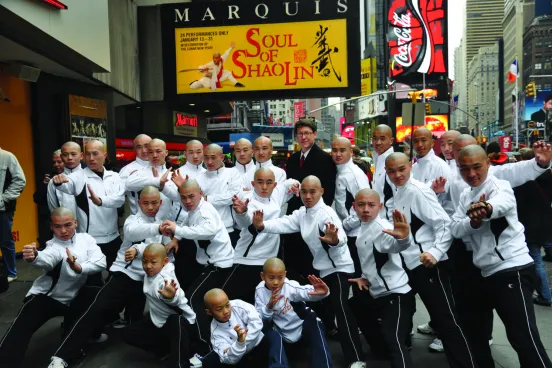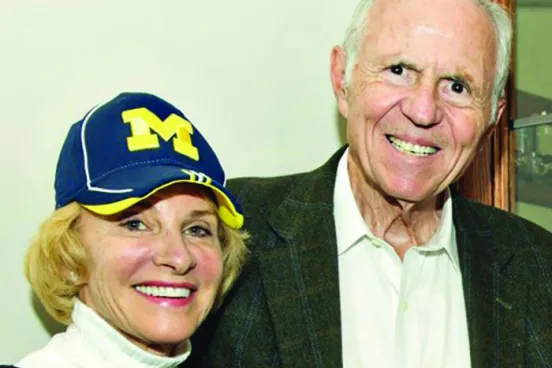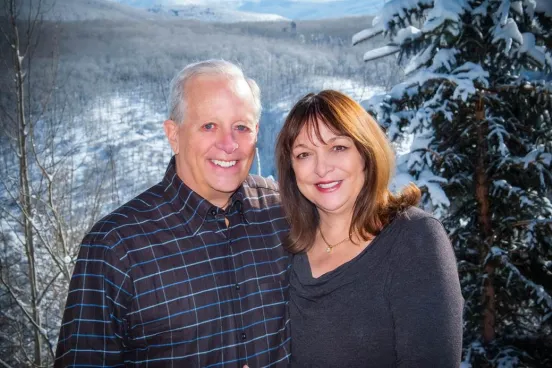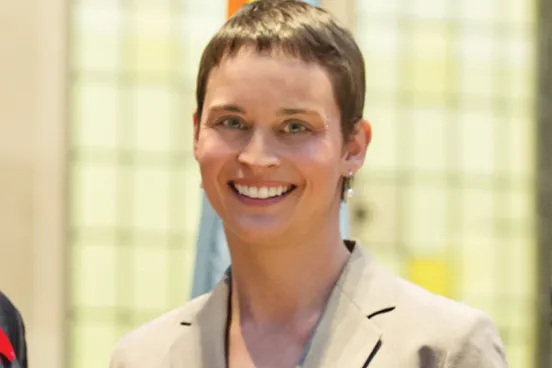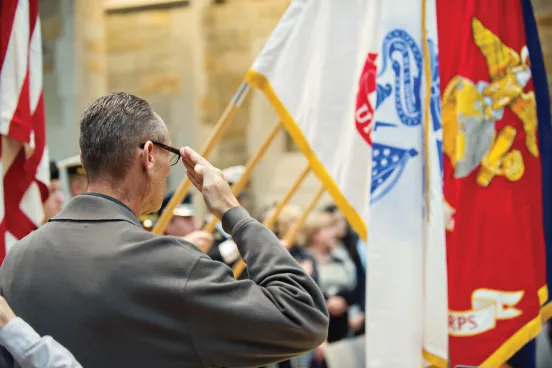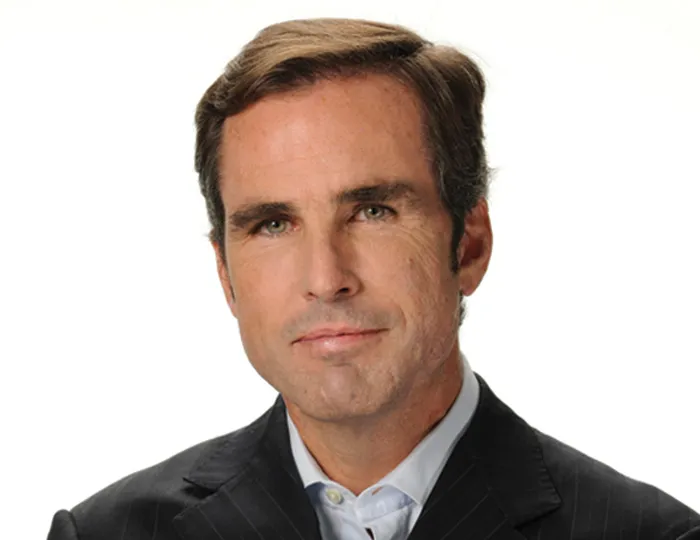
They’ve risked their lives, incurred long separations from loved ones, and suffered injuries to serve their country. When they return home, military veterans often face legal barriers to basic needs.
A new clinic at Michigan Law is committed to reversing that troubling pattern.
Launched this fall, the Veterans Legal Clinic represents veterans and, in some instances, their immediate families in a variety of civil matters.
In addition, the clinic assists with disability benefits, discharge status challenges, and similar matters. The services are long overdue for the state of Michigan’s 720,000 military veterans—among the highest state totals nationwide, says Bob Woodruff, ’87, an early proponent of the clinic.
“Legal problems weren’t part of most veterans’ lives before deployment,” Woodruff says. “But when they returned, many were overwhelmed with paperwork. Some were ignored or badly treated in terms of health care, and without proper treatment, might be more likely to file for divorce or commit suicide. This clinic provides more tools to end these issues and hopefully will serve as a model that can be replicated at other top law schools.”
For Woodruff, an ABC News correspondent, the issue is personal.
In 2006, while on assignment in Iraq, he suffered a traumatic brain injury when a roadside bomb detonated—an experience that made him better appreciate the danger faced by military service members, and the long road to recovery for the injured.
“Before I was hit, I hadn’t known much about the personal lives and medical treatment of our military personnel,” says Woodruff. “Since most civilians are not closely connected to the military, there are misconceptions about veterans. But getting to know veterans shows they’re just like us. So everyone should realize that we must fix the problems facing our veterans.”
After conversations with Woodruff, Law School administrators in 2013 conducted a needs assessment and feasibility study for the clinic. Discussions with the Michigan Army National Guard, agencies serving veterans, and veterans themselves revealed a severe gap between the services required and what was available.
“Michigan Law prides itself on providing exceptional hands-on training for our students while also serving the community,” says Dean Mark West. “When we saw this huge need, establishing a veterans clinic seemed like a way to enhance our students’ educational experience while serving a vulnerable population.”
The Law School is providing $1.2 million over five years to underwrite clinic operations.
In addition, private support from a number of donors, corporations, and foundations is making the new clinic possible—including a lead gift from the Bob Woodruff Foundation, which was impressed by the clinic’s potential to serve an unmet need while working collaboratively with other units at U-M, such as the School of Social Work.
Leadership gifts came from Tom Washing, ’66, and from Orrick, Herrington & Sutcliffe LLP, which also intends to provide pro bono legal support.
“Orrick’s success with the Michigan Innocence Clinic created a high level of interest in the Law School’s clinical programs,” says Jim Stengel, ’80, a partner in the New York office. “Each of the clinics serves a real need, and there is great satisfaction that comes from that, but this practical learning experience of serving clients can be the foundation of a career.”
Significant gifts also came from a number of other private donors and foundations. The clinic director is Joshua Kay, ’08, a clinical assistant professor of law who previously taught in the Child Advocacy Law Clinic and the Child Welfare Appellate Clinic.
Students are excited about the latest chance to put their lawyering skills to use during what will be the formative months of the clinic. Leaders of the student group Michigan Law Veterans Society (MILVETS) are especially supportive. “One of the most important questions that a law firm asks when hiring associates is whether they will bring in business. The inaugural semester of the clinic offers an opportunity to demonstrate that I can seek out new clients, build professional relationships, and provide valuable legal services,” says 3L Lance Taylor, co-founder of MILVETS.
The clinic will provide a special opportunity for Michigan Law students who are veterans, says 2L Joseph Gookin, a veteran who previously worked on similar issues in a U.S. senator’s office and aided homeless veterans as a paramedic.
“Many of the people I encountered did not know where to turn for help, or had become frustrated in their attempts to do so. Now that I have deployed myself, I am beginning to understand the challenges veterans face in transitioning back to civilian life. It will be an honor to provide that assistance to my fellow veterans.”



